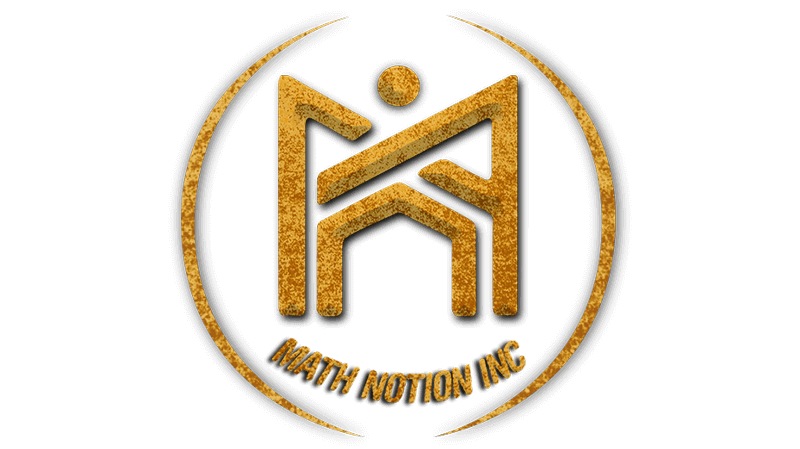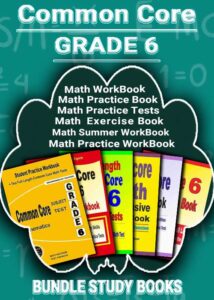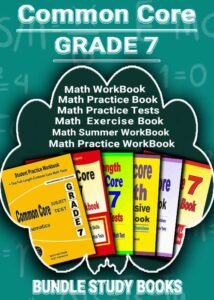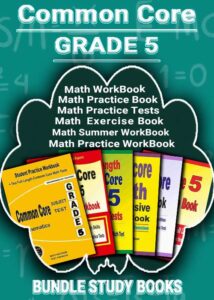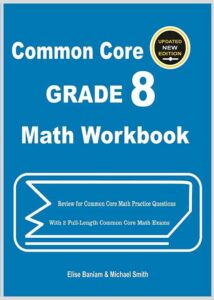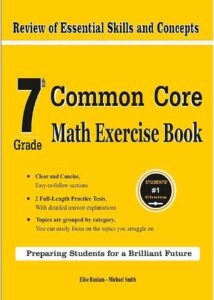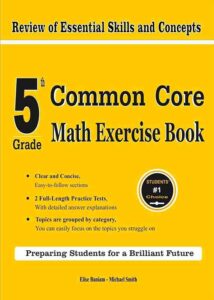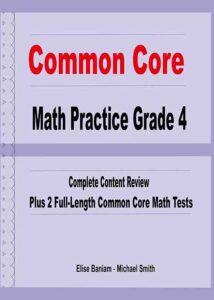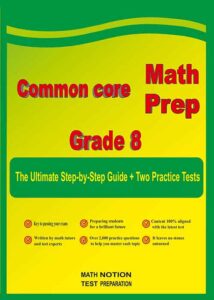
Study Time: 2minutes
How Common Core math works?
Understanding How Common Core Math Works
Common Core Math is a set of high-quality academic standards in mathematics. These standards are designed to ensure that students across the United States are acquiring the knowledge and skills essential to succeed in college, career, and life.
Key Principles of Common Core Math
Focus and Coherence: The standards are structured to focus on core concepts and progressions. This means students deepen their understanding of key mathematical concepts over time, moving from basic to more complex topics in a coherent sequence.
Rigorous Content and Application: Common Core Math not only emphasizes understanding mathematical concepts but also applying these concepts in real-world situations. This approach encourages problem-solving and analytical thinking.
Conceptual Understanding: One of the main goals is for students to grasp the underlying principles of mathematics. This means less emphasis on memorization and more on understanding ‘why’ and ‘how’.
How Common Core Math is Taught
Building on Prior Knowledge: Concepts are taught progressively, ensuring students build on what they have previously learned. This cumulative approach helps in solidifying their understanding.
Interactive and Collaborative Learning: Teachers often employ group activities and discussions to make learning more interactive. This method helps students learn from each other and view problems from different perspectives.
Integration of Different Mathematical Areas: Common Core Math standards integrate topics like algebra, geometry, and statistics, rather than treating them as separate subjects. This provides a more comprehensive understanding of mathematics.
Use of Models and Tools: Students are encouraged to use physical models, drawings, and digital tools to visualize and solve problems. This aids in developing a deeper understanding of abstract concepts.
Assessment and Evaluation
Performance-Based Assessment: Evaluations focus on a student’s ability to apply their knowledge to solve problems, not just on their ability to recall facts or perform calculations.
Standardized Testing: Many states use standardized tests aligned with Common Core standards to assess student progress and proficiency.
Benefits of Common Core Math
Preparation for the Future: By focusing on critical thinking and problem-solving skills, Common Core prepares students for future academic and career challenges.
Consistency Across States: It ensures consistency in the quality of mathematical education across different states.
Encourages Higher-Order Thinking: The standards push students to think more deeply about mathematical concepts, thus developing higher-order thinking skills.
Challenges and Criticisms
Implementation Difficulties: Some educators and parents find the methods and standards challenging to adapt to, especially if they are accustomed to traditional teaching methods.
Parental Involvement: The new strategies and methods can sometimes be difficult for parents to grasp, making it harder for them to help their children with homework.
Common Core Math is aimed at creating a strong foundational understanding of mathematics by emphasizing conceptual learning, real-world application, and critical thinking. While it presents certain challenges in implementation, its focus on developing essential life skills is a significant step forward in mathematics education.
